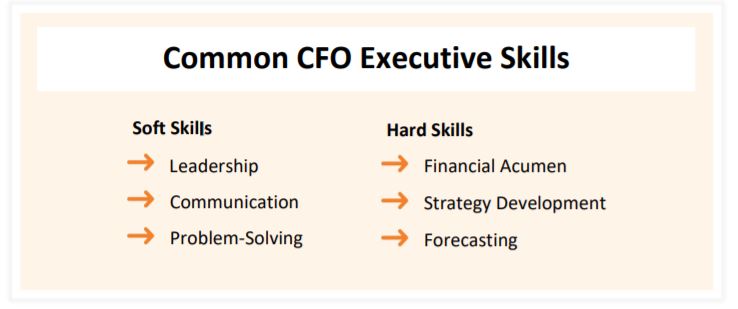As a top-tier executive, the CFO is a big-picture thinker who combines financial acumen with business expertise to drive an organization’s financial vision. According to a recent survey conducted by management consulting firm Korn Ferry, CFOs are expected to be agile professionals who can learn to complement their CEOs, evolving as the CEO’s role changes. With the expectation that the CFO demonstrates a multifaceted skill set that encompasses far more than financial acumen, the CFO role requires a comprehensive and targeted job search strategy.
The first step to securing a job interview is drafting an attractive resume that impresses recruiters and passes the applicant tracking systems (ATS) used by most large companies to automate the initial candidate selection process.
As a high-level business strategist, you can use your multidimensional expertise to coordinate the strategic planning behind your job search. Leverage your analytical skills to critically evaluate your career and accomplishments to craft a concise, impactful resume that truly reflects your abilities and potential contribution to a future employer.
The Importance of Keywords, Soft Skills, and Hard Skills in a CFO Resume
In order to pass ATS scans and position your resume in front of potential employers, you must strategically optimize keywords. Recruiters tend to search for candidates using job titles, hard skills reflecting experience and training, and relevant soft skills such as leadership and collaboration. Although ATS algorithms are complex and do more than rank resumes based on the number of keywords used, it is still important to include those skills potential employers view as valuable.
The Association of Chief Financial Officers lists some key skills that characterize exceptional CFOs, including deep knowledge of the company’s business, emerging trends in technology, market dynamics, and operational drivers. Key soft skills include flexibility, team building, communication, customer orientation, and change management. Include some of these skills that apply to you in a core competencies list at the beginning of the resume, along with the essential hard skills you have developed throughout your career.

Perform research and analyze relevant job listings to gather a list of exact phrases to incorporate into the document. Tailoring keywords within a resume to the description of the job you are aiming for is the most effective way of ensuring your resume lands on the desk of a potential employer. This is where specificity can be helpful, so mention your understanding of GAAP and corporate taxes, employee benefits, operations, risk management, legal issues, and other areas where you have the knowledge to collaborate with specialists in those fields.
After reading these strategies, consider whether you want to spend your valuable time writing an executive resume or if you’d rather delegate the job to the experts. For more information on resume-writing strategies and how we can help you effectively navigate ATS software, review our Chief Financial Officer Resume Guide.


